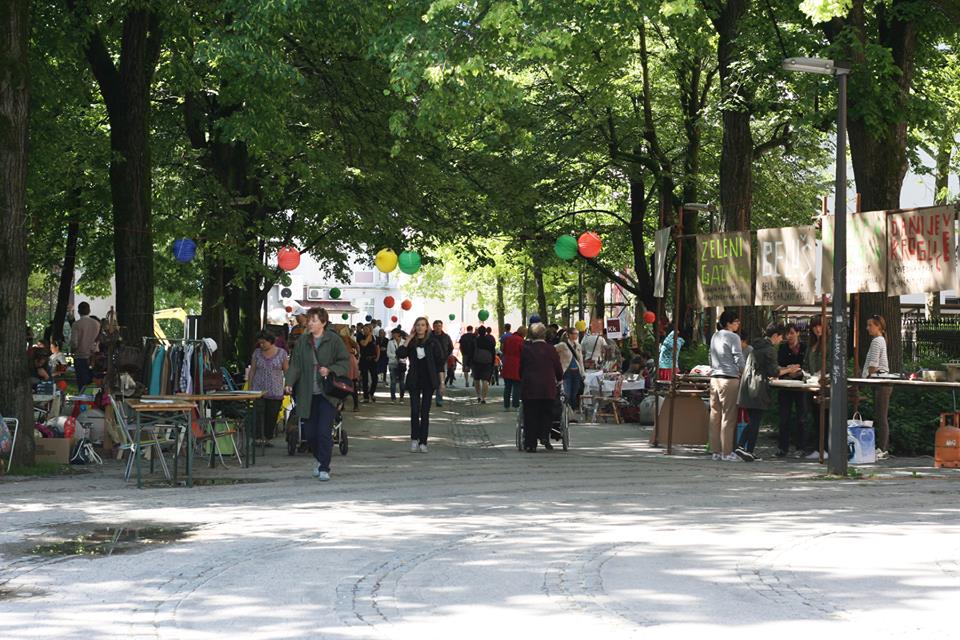By today it is more or less clear that constructing large-scale housing estates was one of the dead-end pathways of urbanism 30-60 years ago. The architects of such estates believed “… in the role of architecture as a weapon of social reform … when everyone would live in cheap prefabricated flat-roofed multiple dwellings – heaven […]
Archives for 2015

Block Renovation: a German-Lithuanian Exchange
The Lithuanian Government has made the energy-efficient refurbishment of existing real estate one of their top priorities. In the new financial period of 2014-2020, the plans include renovations on entire city blocks at once, moving towards a more holistic practice of the integrating renovation of the entire block, rather than simple one-off projects. It means […]

Can Marshmallows Save Our Cities?
Spaghetti and Marshmallows…What could possibly go wrong? Ever tried balancing a marshmallow on the end of a stick of spaghetti? Neither had I until last week. Let me tell you that it’s harder than it looks – particularly when the spaghetti (spaghetto?) is balanced on top of a structure made up of other…spaghetti. By now […]

As Expo 2015 Nears, Milan Embraces the Sharing Economy
MILAN, Italy — Less than two months from now, a world’s fair will open here, temporarily but substantially boosting Milan’s population of 1.3 million. More than 20 million visitors are expected at Expo Milano 2015, which runs from May 1 through October 31. Since the dawn of the Uber era, there has never been a […]

Between Bottom-up Regeneration and Coworking
As described in a recent blog post, in Slovenia, collaborative spatial practices have been springing up like mushrooms after the rain. The publication Prostori sodelovanja (“Spaces of Collaboration”), published by IpoP, and a dedicated website deal with a wide variety of these practices within seven themes: co-mobility, housing communities, bottom-up regeneration, temporary use of space, […]

Ecoquartier – A new Planning Tool for Sustainable Neighbourhoods in Luxembourg
At a conference on certification systems for urban neighbourhoods, I recently came across an innovative new instrument for sustainable urban development in Luxembourg called Ecoquartier. The term originates in a contraction from the french quartier écologique, “ecological district”. Conceived and designed according to the three main process stages used by the brain to assimilate information, […]

Fab Labs: Potential for Sustainable Urban Development
According to the Fab Foundation, there are currently more than 400 Fab Labs (Fabrication Laboratories) worldwide. Most of them are located in Europe and in North America but their number is constantly rising on all continents. Since 2013, there is also a Fab Lab in Luxembourg , located within the Technoport business incubator and co-working […]

The Rise of Alternative Practices in Urban Development
In many European countries, traditional planning approaches are facing various problems. In the more developed countries, spatial and urban planning is often characterised by over-formalised procedures, whereas in the less developed countries, the authorities responsible for spatial and urban planning are often unable to regulate private and other particular interests in favour of the common […]

Capitalising, Gaining Influence – Why Communication Matters
The Roma-NeT II project follows up on the Roma-NeT URBACT project that aimed to motivate cities to improve local service delivery towards Roma populations by making services more accessible, by motivating more active participation from Roma communities and by introducing new interventions. ROMA-NeT members learned a lot about the core themes of Roma inclusion and […]





